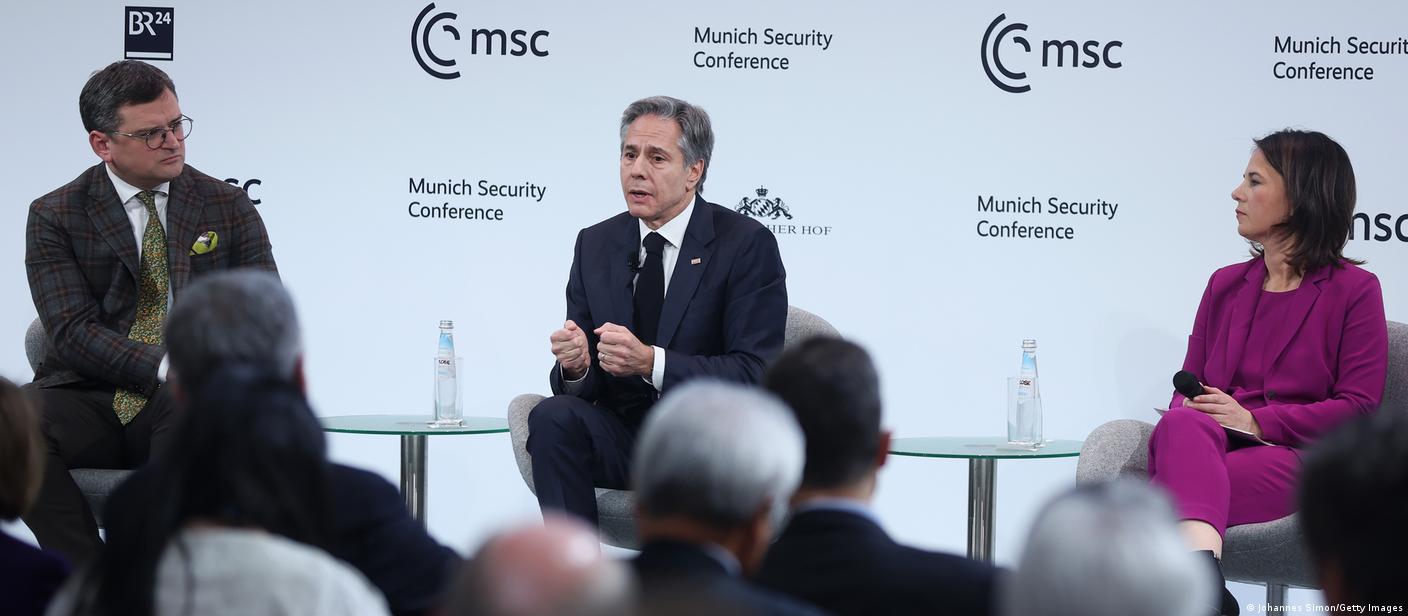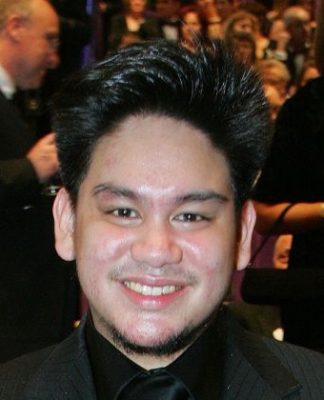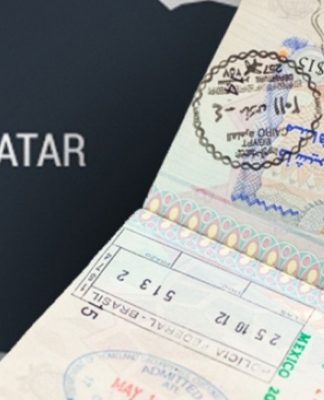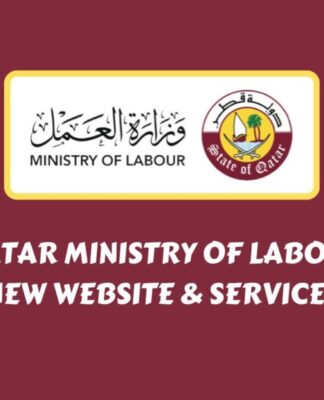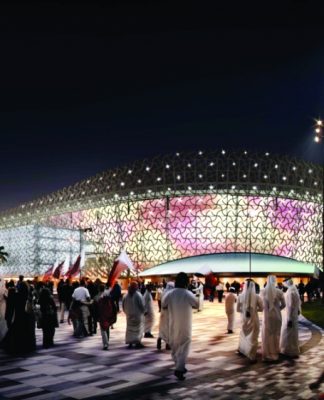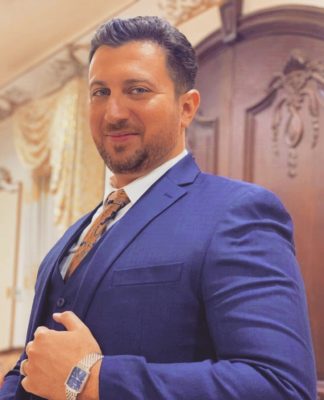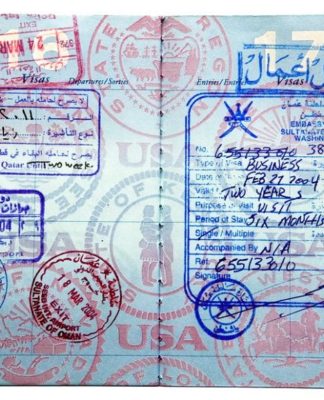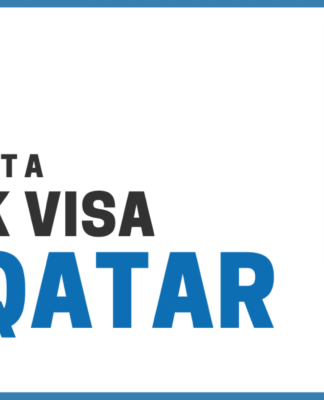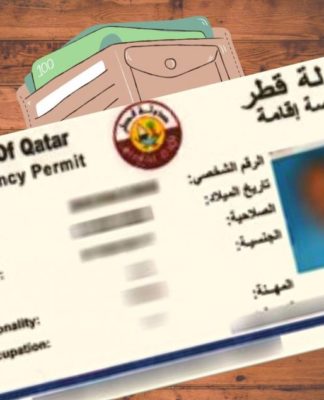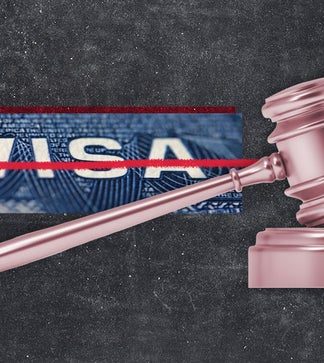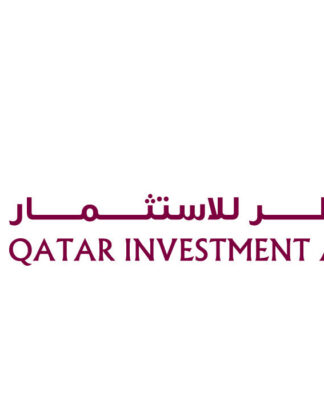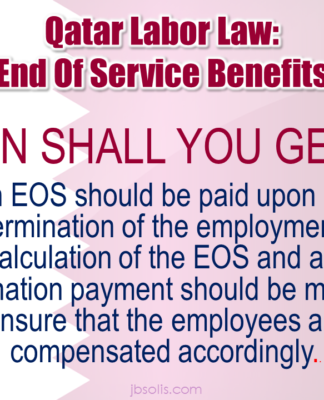Foreign Minister of Ukraine, Dmytro Kuleba, United States Secretary of State Antony Blinken and German Foreign Minister Annalena Baerbock speak at the 2023 Munich Security Conference (MSC) on February 18, 2023 in Munich, Germany.
POLITICSGERMANY
MSC 2023: Top diplomats discuss future of Ukraine
5 hours ago5 hours ago
The second day of the Munich Security Conference is off and running. Various world leaders are in Bavaria for the weekend event, with NATO’s Jens Stoltenberg and the EU’s Ursula von der Leyen among the earlier speakers.
https://p.dw.com/p/4NgEJ
Welcome to DW’s coverage of day 2 of the Munich Security Conference.Russia’s invasion of Ukraine continued to dominate discussions in the Bavarian capital, with world leaders and diplomats addressing the conditions necessary for peace in Ukraine and what steps need to be taken to make it possible.
Among the main points on Saturday:
Germany’s foreign minister reiterated that the war could end “tomorrow” if Russian President Putin withdrew troops and stopped bombing
China’s foreign minister announced his country would put forth a peace initiative to end the war
US Vice President Kamala Harris accused Russia of committing war crimes in Ukraine
You can watch the Munich Security Conference live on DW’s YouTube channel.
Baerbock: Peace possible ‘tomorrow’ if Russia stops bombing and withdraws
US Secretary of State Antony Blinken, Ukraine’s Foreign Minister Dmytro Kuleba and German Foreign Minister Annalena Baerbock took part in a joint panel called “Visions for Ukraine.”
In the first question of the mid-afternoon session, Baerbock was asked under what conditions a peace deal might be reached, whether it could only be secured militarily or potentially through negotiations.
“In the end there must be peace. And it has to be a just and durable peace. And there’s one easy way that this war will end and we will have peace again, and this is if Russia stops the bombing and Russia withdraws its troops,” Baerbock said. “We can do this tomorrow. If Russia decides to withdraw their own troops tomorrow, then we do have not only peace in Ukraine but peace around the whole world.”
US Secretary of State Antony Blinken echoed her comments, adding: “If Russia stops fighting the war is over. If Ukraine stops fighting, Ukraine is over.”
Blinken also praised Germany’s military assistance to Ukraine, despite some criticism over the speed of these decisions from Ukraine and other NATO allies in the past year, saying the country had taken “steps that I think few of us in this room would have imagined possible before the Russian aggression.”
Ukraine’s Foreign Minister Dmytro Kuleba was asked what victory would look like to him, and not for the first time that day, he quipped.
“For us, there is a short notion of victory, and that’s full restoration of Ukraine’s territorial integrity. And there’s a long view of victory, which includes compensations for the damage inflicted, accountability for perpetrators of crimes, and most importantly, Russia must change,” Kuleba said. “In the end, the only durable peace in the euro-Atlantic space will become possible after Russia poses no threat to the euro-Atlantic space. And for that to happen, we need Russia to change.”
Kuleba also said that as long as Putin remained in power in Russia, Kyiv would be in trouble; he called the issue Putin’s “personal obsession.”
These comments followed an earlier session where China had said it would press for peace negotiations and implied that not all parties to the war seemed keen for these to go ahead.
China’s Wang Yi says Beijing will try to broker Ukraine peace talks
For the first time since the outbreak of COVID, China was represented in Munich at a high level this year, in the form of its most senior diplomat, former Foreign Minister Wang Yi.
Wang told the audience that China had tried and would continue to try to broker Ukraine peace talks. He alluded to the conference’s official 2023 motto, peace through dialogue, and seemed to imply Beijing was more committed to this than some others at the summit.
“There were multiple rounds of peace talks. And we saw a framework text on the peaceful resolution of the crisis. However, that was stopped. We do not know why. The process was cut short. Some forces might not want to see peace talks materialize. They don’t care about the life and death of Ukrainians, nor the harms on Europe, they might have strategic goals larger than Ukraine itself.”
Wang did not say which nations or groups he might mean by “some forces,” but many other comments in his speech appeared to be directed at the US without naming it. He had earlier said that while “disagreements do exist between countries,” handling them “with pressuring, smear campaigns, or unilateral sanctions is often counterproductive.”
Wang also used the war in Ukraine as an opportunity to say that “for a safer world, the sovereignty and territorial integrity of all countries must be respected,” going on to draw a parallel with tensions with Taiwan and accusing some countries he did not name of “double standards.”
In his introductory remarks, Wang had said that COVID had shown how the world was “one global village” and could only “win victory when we trust each other.”
“Three years on, the pandemic is contained, but the world is not yet safer,” Wang said. “Trust between major countries is lacking. Geopolitical rifts are widening. The Cold War mentality is back. New types of security threats, from energy, food, climate, biosecurity, and artificial intelligence, keep emerging.”
Asked about the US shooting down a Chinese balloon after it flew across North America this month, Wang called the decision “absurd and hysterical.”
“This is, I would say, 100% abuse of the use of force. It’s a violation of international rules,” he said.
The US said the balloon was part of a fleet used for espionage, and its flight path was intentional. China had said it was a weather balloon that went off course because of a malfunction. The US is currently recovering and analyzing the debris “for counterintelligence exploitation,” as the US Northern Command put it on Friday.
Germany’s Boris Pistorius: ‘Europe must do more, a lot more’
Germany’s Defense Minister Boris Pistorius, who took office earlier this year, said his childhood in Osnabrück near a British Cold War military base had given him firsthand experience of NATO solidarity, regularly encountering British troops or their families.
“Our allies — whether the US, France, the UK, the Netherlands, Belgium or Canada — have made Germany’s security their own security,” Pistorius said. “I was and I am very grateful for that. And that is why, for me, it is only natural that in Germany we show the same solidarity today.”
Pistorius tried to assure the audience that Germany was “strongly committed to the 2% pledge,” a reference to NATO’s target of members spending 2% of GDP on defense and Germany’s slow progress approaching that figure.
“As you know, we still have a way to go to get there,” he said. “I promise that I will be working hard to make sure we finally achieve this overdue target.”
Praising both the US people and President Joe Biden for having “always guaranteed European security,” in the Cold War and now, Pistorius said, “Europe must do more, a lot more.”
He argued that this should not be seen as competition for NATO but rather as complementary development: “To me, the formula cannot be NATO or the European Union, it has to be NATO and the EU — or more precisely, a stronger EU for a stronger NATO.”
EU members Finland and Sweden joining NATO, he said, would be one of the best and fastest ways to start to realize this objective.
Estonian Foreign Minister Urmas Reinsalu: ‘To end this war, we need to act more’
Reinsalu told DW that he supported the idea of a “particular tribunal on Russian aggression because it gives leverage to overcome immunity of Putin himself and Lavrov. (…) My message is that we need a full-scale international court, dedicated to [hold accountable] these top leaders from the Kremlin who decided to launch this genocidal war.”
Reinsalu said that if countries did not provide Ukraine with the weapons it needed, “We collectively will be responsible of prolonging the war.” He added that the international community possessed substantial economic leverage that it immediately needed to use against Russia.
“Estonia has now delivered over one percent of our GDP as military aid to Ukraine, and we call on our NATO member countries to follow this example,” Reinsalu said.
If the end of the war could be “interpreted as a Putin victory, it will mean that there will be no peace in Europe and evil will repeat itself. We need to end this war with the respect of territorial integrity, and also with a clear understanding that aggressors will pay for aggression. (…) To end this war, we need to act more. We need to have a paradigmatic change. We need to give to Ukraine what is needed, to help Ukraine win.”
Chinese colonel: War in Ukraine ‘has nothing to do with China’
Chinese senior military colonel Zhou Bo told DW that although the war in Ukraine was “not in China’s interest,” it also was not an issue Beijing could solve.
“War in the heart of Europe has nothing to do with China,” he said. “This war is not in China’s interest. If it would stop immediately, we would be very happy.”
Zhou added that it was wrong for Western politicians to blame Russian President Vladimir Putin for the invasion of Ukraine, saying that Russia “took this action because of NATO expansion and Russian leaders have been talking about this since the Soviet time.”
He also said that since China and Russia share a long border, it was in both countries’ interests to ensure they had a “good and stable” relationship.
Finland’s Sanna Marin: ‘We prefer and want to join’ NATO together with Sweden
Saturday’s first panel was headlined “The birth of a geopolitical Europe” and featured European Commission President Ursula von der Leyen and Finnish Prime Minister Sanna Marin.
Finland’s NATO aspirations, having remained neutral throughout the Cold War, were a key part of the discussion. Marin said “it was obvious the same day when Russia attacked Ukraine” that Finland would seek to join the bloc.
“When Russia, our neighbor, attacked another neighbor, Ukraine, it was obvious that Finland will join NATO. Because that’s the line — the only line — that Russia wouldn’t cross,” Marin said.
Sanna Marin: ‘It’s an act of peace for Finland to join NATO’
01:09
All existing NATO members’ parliaments must ratify the entry of any new member.
Marin was asked, amid resistance from Turkey in particular but also Hungary, whether her government still wanted to join together with its neighbor Sweden, or whether it could imagine joining separately.
Turkey has resisted both Finland’s and Sweden’s bids, accusing the countries of harboring what it considers terrorists, usually either Kurds or allies of the exiled cleric Fethullah Gulen, whom Turkey blames for orchestrating a failed coup attempt in 2016. But it has doubled down in Sweden’s case after a pair of public protests — the first by Kurdish activists and the second by far-right activists — that involved first burning an effigy of President Recep Tayyip Erdogan and then copies of the Quran.
“We have sent [a] very clear message,” Marin said. “We want to join together with Sweden, at the same time. It’s not only because we are good neighbors and partners, it’s also to do with very concrete security matters.” She said it was in both countries interests, but also in NATO’s strategic interests, to usher them in together.
“Of course, we cannot influence and affect how some country would ratify: it’s their decision,” Marin said. “But our message is that we are willing to join and we prefer and want to join together.”
Turkey holds key to NATO membership for Sweden, Finland
03:45
EU’s Ursula von der Leyen: Putin throttling gas a ‘big strategic mistake’
European Commission President Ursula von der Leyen said that the EU wanted to team up with the bloc’s defense industry to accelerate and scale up the production of badly needed ammunition for Ukraine and to replenish depleted stocks at home.
She said a similar approach to that used to try to hasten the production and rollout of the COVID vaccine might be helpful.
“We could think of, for example, advanced purchase agreements that give the defense industry the possibility to invest in production lines now to be faster and to increase the amount they deliver.”
Von der Leyen was also asked about the knock-on impacts on energy prices globally that result from the bloc finding alternative sources of gas to Russia. But she disputed the premise, saying that any such impacts had been prefaced by another more significant change on the energy market.
“We should not forget how it started, the energy crisis. An overdependency of the European Union on Russian fossil fuels, without any question. But then it was [Russian President Vladimir] Putin who, within eight months, cut 80% of the pipeline gas supplied to the European Union,” von der Leyen said, calling this a “big strategic mistake.”
“Because he thought he could blackmail us and we’d go down on our knees. The contrary is the case. Because we have now completely diversified away from Russian gas,” von der Leyen said.
EU chief vows unwavering support for Ukraine
04:53
US VP Kamala Harris: Russia guilty of ‘crimes against humanity’
US Vice President Kamala Harris said for the first time on Saturday that the US considered Russian actions in Ukraine to amount to crimes against humanity, citing “widespread and systemic” attacks on the civilian population.
“The US has formally determined that Russia has committed crimes against humanity,” she told the audience in Munich.
“Their actions are an assault on our common values and our common humanity. Russian forces have pursued a widespread and systemic attack against a civilian population,” Harris said.
“I say to all those who have perpetrated these crimes and to their superiors who are complicit in these crimes you will be held to account… Justice must be served,” Harris, a former prosecutor, also said.
Kamala Harris: Time is not on Putin’s side
00:45
Ukraine and investigators from the International Criminal Court are both investigating potential war crimes in Ukraine with a view to prosecution. Although the practical issue of how to extradite Russians to face a trial remains a major stumbling block.
Harris also said there was reason to be optimistic after almost a year’s fighting in Ukraine.
“Kyiv is still standing, Russia is weakened, the transatlantic alliance is stronger than ever, and, most importantly, the spirit of the Ukrainian people endures,” she said.
War crimes in Ukraine: ‘Who will provide justice?’
06:02
UK’s Rishi Sunak: Time to ‘double down’ on Ukraine support
British Prime Minister Rishi Sunak said “now is the moment to double down on our military support” to Ukraine.
“When Putin started this war, he gambled that our resolve would falter. Even now he is betting that we will lose our nerve,” Sunak said.
He said the UK “will be the first country to provide Ukraine with longer-range weapons,” saying Kyiv needed to be able to protect itself from “Russian bombs and Iranian drones.”
Sunak stopped short of calling for Western jets to be delivered to Ukraine, and said the UK was ready to “help any country provide planes that Ukraine can use today.”
“But we must also train Ukrainian pilots to use the most advanced jets, and that’s exactly what Britain is doing, so that Ukraine has the capability to defend its security for the long term,” Sunak said.
Echoing Harris, Sunak said “the whole world must hold Russia to account” for war crimes in Ukraine and for the “terrible destruction it has been inflicted.” He said this should involve Russia one day paying towards Ukrainian reconstruction. As with international prosecution, the practical hurdles to organizing this could be considerable.
Missed our coverage from the opening day? Have no fear, DW’s Richard Walker is in Munich and summarizes the highlights here. Have a look.
Takeaways from Day 1 of the Munich Security Conference
02:58
msh/sms (AFP, AP, dpa, Reuters)
Send us your feedback
YOUR FEEDBACK
Skip next section Explore more
EXPLORE MORE
Zelenskyy urges Western allies to speed up military support Ukrainian President Volodymyr Zelenskyy addresses the Munich Security Conference via video link.Zelenskyy urges Western allies to speed up military support Ukrainian President Volodymyr Zelenskyy addresses the Munich Security Conference via video link.
Zelenskyy urges Western allies to speed up military support
President Volodymyr Zelenskyy has renewed his appeal to speed up weapons deliveries to Ukraine. In an address via video link at the start of the Munich Security Conference, Zelenskyy said there was ‘no alternative to speed’ because lives depended on it.
CONFLICTS20 hours ago20 hours ago01:50 min
DW chief political correspondent Nina Haase reports from the 2023 Munich Security Conference.DW chief political correspondent Nina Haase reports from the 2023 Munich Security Conference.
What’s ahead at the Munich Security Conference?
Reporting from the Munich Security Conference, DW’s chief political correspondent Nina Haase outlines the topics on the agenda, which will be dominated by the war in Ukraine. This year, no Kremlin officials have been invited, she says.
CONFLICTS02/17/2023February 17, 202304:04 min
Skip next section Related topics
RELATED TOPICS
US Election 2020
Annalena Baerbock
Munich Security Conference
Dmitry Medvedev
Ukraine
Kamala Harris
Russia’s partial mobilization
Russia
War in Ukraine
Skip next section DW’s Top Story
DW’S TOP STORY














